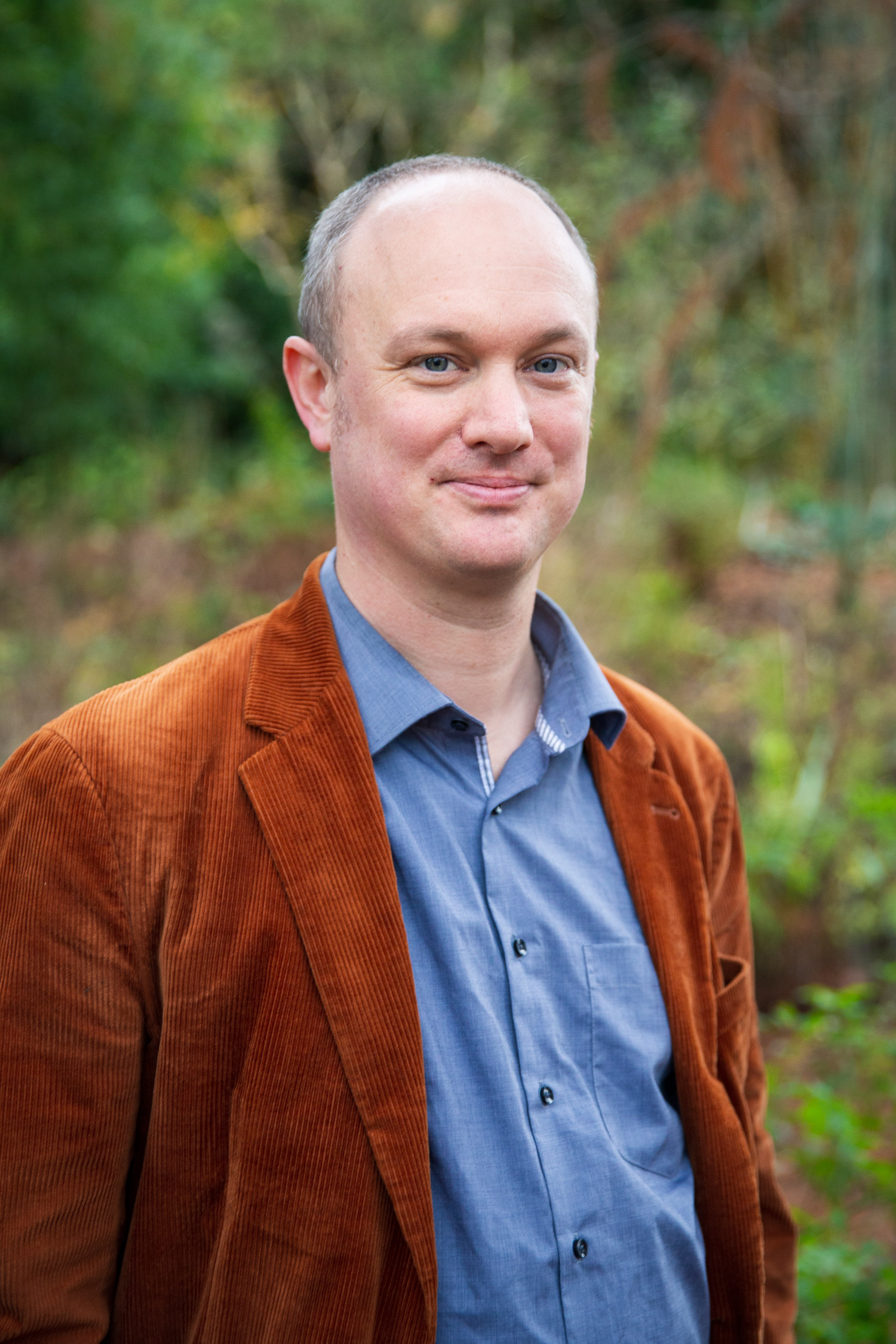My research in New Testament studies has three foci:
Contextual biblical interrpretation - I am co-director of the Centre for Contextual Biblical Interpretation, together with prof. dr. Klaas Spronk (PThU). We cooperate with organizations such as Kerk in Actie and the Netherlands Bible Society to further research into the relationship between contextuality and biblical interpretation, pursuing the question "what does the Bible really mean for the people reading it?" The Bridging Gaps exchange program is an important part of this work. In my inaugural address, I illustrated how context and bibilcal interpretation cohere. In some of my work on masculinity (below), I explored how biblical texts are interpreted in different contexts to construct masculinities. In my work on canonical criticism and hermeneutics, I also pursued the link between context and interpretation.
Meals, food, and ritual in the New Testament and early Christianity, this includes my doctoral thesis on the eschatological meal. More recently I co-edited a handbook on meals and food in Early Christianity for Bloomsbury Publishers with prof. dr. Soham Al-Suadi (Rostock). On ritual, I published a series of papers on "ritual failure", which was the basis for the monograph Felix culpa: Ritual Failure and Theological Innovation in Early Christianity with Brill in 2022.
Masculinity in early Christianity and in the reception of early Christian texts: I have a particular interest in early Christian views of gender and the use of such texts to argue for particular constructions of gender in history and today. This has led to an introduction to masculinities studies and biblical studies and three volumes of studies with dr. Ovidiu Creanga, dr. Adriaan van Klinken and prof. dr Jorunn Okland: Biblical Masculinities Foregrounded (Sheffield, Phoenix Press), Jesus Traditions and Masculinities in World Christianity (special issue of Exchange) and Making Men: The Reception of the Bible in the Construction of Masculinities in Jewish and Christian Con/Texts (special issue of the Journal of the Bible and its Reception).
In relation to these topics, I regularly supervise PhD theses. Those who succesfully defended their thesis at Vrije Universiteit Amsterdam are:
- Mike Pears, Towards a Theological Engagement with an Area of Multiple Deprivation: The Case of the Cornwall Estate (Vrije Universiteit Amsterdam, co-supervisor; Completed 2 september 2015)
- Zachary King, The Motifs of Growth, Absent Master and Wedding Feast in the Parables: An Early Christian Argument for the Delay of the Parousia as Impetus for Gentile Inclusion (VU, second supervisor; completed, 14 February 2017).
- Dean Furlong, The Identification of John the Evangelist in the Early Church (VU, primary supervisor; completed, 1 December 201)
- Christian Holmgaard, On Earth as it is in Heaven. New Creation in Matthew’s Gospel (VU, primary supervisor; completed, 31 January 2018).
- Jacobie Maryna Helena Visser, Perfecting poverty: A rhetorical investigation of poverty and masculinities intersecting in James (VU, primary supervisor, joint doctorate with Stellenbosch University; completed, 21 December 2021).
- Jamie Washam, Regenerating the Garden of the World (primary supervisor, VU; completed 10 February 2022).
- Yousef Kamal Alkhouri, The Kingdom of God and Empires: A Contemporary Palestinian Christian Contextual Biblical Interpretation (primary supervisor, defended 8 January 2024, Vrije Universiteit Amsterdam).
- Pablo Moreno Palacios, Impacto del neopentecostalismo en la identidad de los bautistas de Cali, Colombia (primary supervisor, defended 26 January, Vrije Universiteit Amsterdam, 2024).
I also hold a chair in "Ancient Catholic Church Structures and the History and Doctrine of the Old Catholic Churches" at Utrecht University. This chair, founded by the Old Catholic Seminary, enables me to pursue my work in the history of Christianity and ecumenical theology. Here, I also co-direct the NWO sponsored project "Bueprints of Hope" on the relationship between the ecumenical movement and European unification between 1930-1960.
